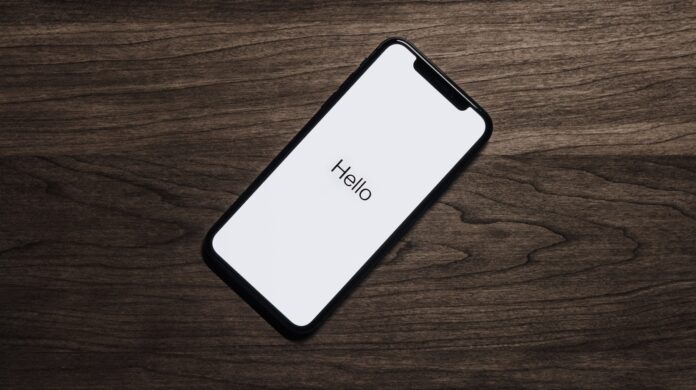Understanding Verizon Prepaid Phones
We’ll kick off our journey by diving headfirst into the world of Verizon prepaid phones. These are devices you purchase upfront, without signing a long-term contract, and they come with a range of flexible plans that let you manage your cell phone expenses effectively. It’s like paying for your service before you use it—hence the name, “prepaid.”
So why do people opt for prepaid phones? Well, there’s quite a number of reasons. One is that they don’t require credit checks. This makes them an ideal option for those with less-than-stellar credit history or individuals who’d rather not have another monthly bill to worry about.
In terms of functionality, these gadgets aren’t any different from their contract counterparts. Whether it’s making calls, sending texts or browsing the web—you can do all this and much more with a prepaid phone.
So now comes the crucial question: Can we use a Verizon prepaid phone on a contract? The answer isn’t as straightforward as one might hope—but we’re here to guide you through the details.

How Contracts Work with Verizon
Let’s start by taking a moment to understand the basics of how contracts operate with Verizon. So, when you decide to go for a contract plan with Verizon, what you’re essentially doing is agreeing to pay a fixed monthly fee for a set period – typically two years. This plan includes your talk, text, and data services.
Now, it’s important to remember that these contract plans often come bundled with smartphones at discounted prices or even free. It sounds tempting, right? But there’s a catch – if you choose to end the contract early, there are hefty termination fees involved.
What about upgrades then? With Verizon contracts, after 24 months into your agreement (or earlier in some cases), you become eligible for an upgrade. This means you can get your hands on the latest phone model without having to shell out full price upfront.
So where do prepaid phones fit into this picture? Well, they offer flexibility as they don’t require any long-term commitment or credit checks. You simply purchase the phone and pay for service upfront – no strings attached! However, not all prepaid phones are compatible with contract plans.
In terms of using a Verizon prepaid phone on a contract plan – it’s possible but not always straightforward. While most newer models should work fine once unlocked and activated correctly, older or certain specific models may face compatibility issues. To avoid disappointment later down the line:
- Always check whether your desired prepaid phone model is compatible.
- Ensure it isn’t locked to another carrier.
- Be prepared that some features might not function as expected due to hardware limitations.
Can You Use a Verizon Prepaid Phone on a Contract
Let’s dive deep into the question at hand: can a prepaid phone be used on contract? If you’ve purchased a prepaid device from Verizon, it’s natural to wonder if it could be switched over to a postpaid, or contract, plan. The easy answer? It largely depends.
Firstly, we’re dealing with two distinct types of plans here. Prepaid phones are typically “pay-as-you-go”. You pay upfront for your service and when you run out, you buy more. On the other hand, contract plans have you pay monthly fees – and these plans often come with contractual obligations that last one or two years.
Back to our main query though – yes, in many cases, a Verizon prepaid phone can be used on a contract plan. But there’s an important caveat: the phone must be compatible with Verizon’s postpaid services. This is because not all devices work on all networks – even within the same carrier like Verizon.
Here’s something interesting – In most situations, once a prepaid device has been active for 12 months on the prepaid service, it can then be activated on a new or existing line of postpaid service.
But wait! There are exceptions to this rule too. Some high-end smartphones might not make this switch as easily due to their specific hardware configurations. So before making any moves between plans or devices, we recommend reaching out to Verizon directly for guidance.


